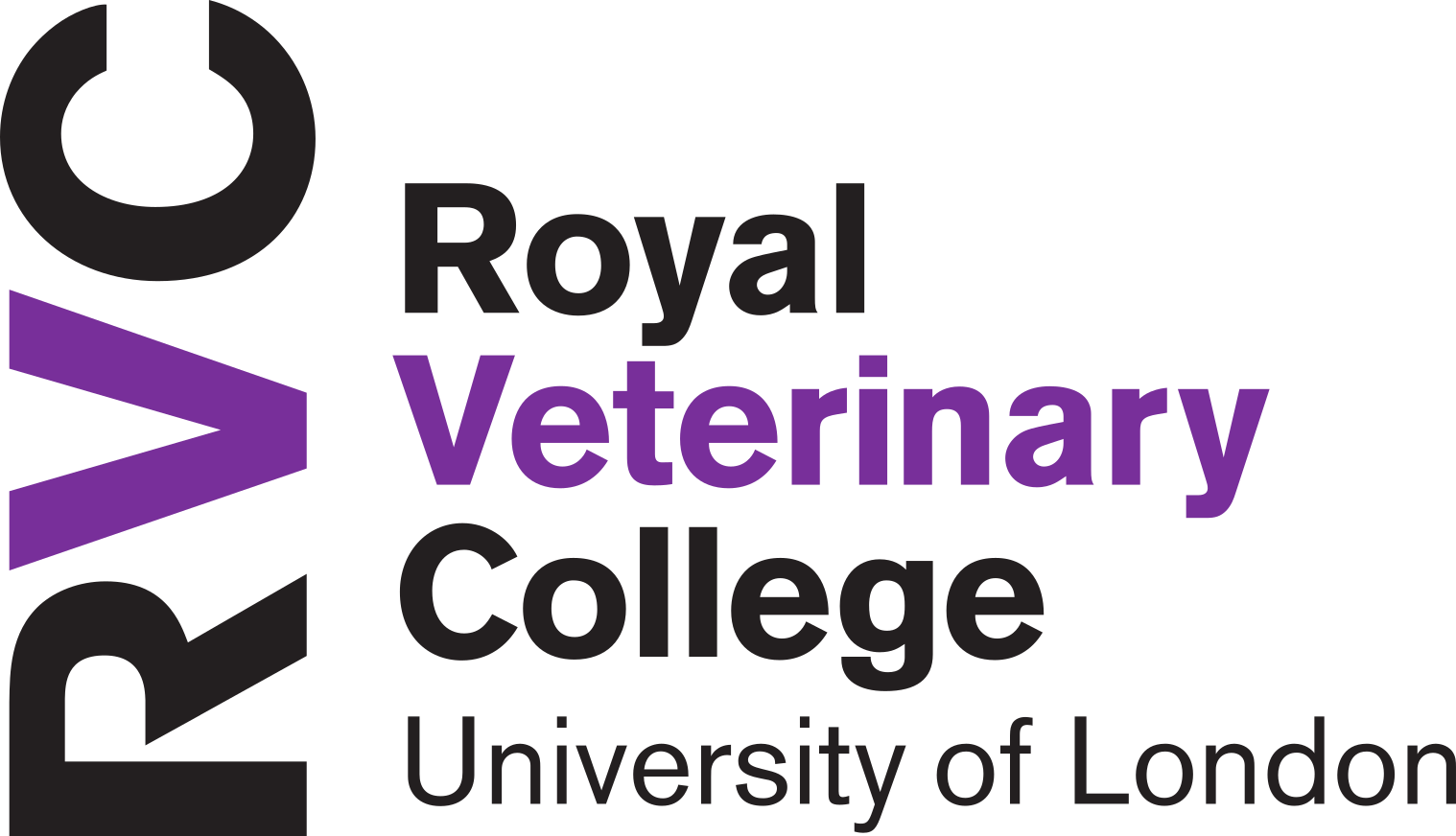5 Easy Money Hacks for New Grad Vets
)
by Alice Barker
You’re fresh-faced out of vet school, the world is your oyster and nothing compares to the satisfaction of getting that first paycheck for doing a job you’ve trained for 5 years to do.
And everyone needs to treat themselves with that first paycheck, I’m very onboard with that and you totally deserve it.
But once you’ve bought that snazzy watch (or border terrier puppy if I know my vet colleagues correctly), it’s time to buckle down and set up some money systems that your future self will seriously thank you for.
If you’ve graduated and feel like you still really don’t know about money at all (hands up, this was me too), these 5 hacks will immediately make you feel like you’re on top of things when it comes to your personal finance.
1. Increase your pension contribution
Luckily, we’re by law auto-enrolled into our workplace pensions these days so your pension will all be set up for you when you start working. You will likely start contributing the automatic 5% and your employer usually matches a minimum of 3%.
This is where you should have a quick read of your contract again because SOME employers will match whatever you put in up to a certain percentage. If this is the case, if you contribute 5% into your pension, they will also put the equivalent of 5% in, not just the 3% minimum requirement.
The hack? You can increase your contribution if you want to! Nothing is fixed, so if you think you can spare just even another 2% of your pre-tax salary, you can request your HR (or whoever is in charge of the payroll) to change this for you, and voila, you’re now contributing 7% of your salary into your pension.
If you’re lucky enough to work for a company that matches your pension contribution, you could get another 7% paid into your pension from your employer too – that’s a total 14% pension contribution with them combined now.
2. Save an Emergency Fund ASAP
If you’re saving a little each month and wondering what to do with this money, the first thing that is an absolute must is to save up an emergency fund. An emergency fund is 3-5 months’ worth of all your necessary living expenses saved up in an accessible savings account. This pot of money will always be ready for any unexpected money emergencies that come your way. This could be your car breaking down, you suddenly need to buy last-minute expensive train tickets to visit a sick family member, or you lose your job.
Money emergencies DO happen and with an emergency fund, you don’t need to ever worry about what’s around the corner.
3. Automate savings when you get paid
Do you just try to set aside whatever is leftover in your account every month and hope for the best? What if I told you there was a much easier and more consistent way to save more every month?
Get your savings set up on automation! You need to set up a direct debit from the account you get paid into to your savings account on the day you get paid every single month.
Make sure you’ve looked at your budget, you’ve worked out your expenditures and how much you’ve got spare, and you’ll be able to find out what figure you can do without every month.
Once the money has gone from your spending account, it’s gone. You won’t miss it, it won’t linger in your account tempting you to spend it, and it’s all done automatically while you sleep - you can’t accidentally forget or procrastinate manually doing it every month.
When your savings are fully automated, it means you’re much more able to make plans for your savings too. For example, if you know you need to have £4000 in your emergency fund you can save £500/month. You’ll know that will take you 8 months to save. That’s only 8 months until you can start investing for example, or saving up for your house deposit! Goals become tangible once these systems are put in place.
4. You can start investing sooner than you think, and you absolutely should.
If you’re not investing your savings, you’re losing money. Plain and simple. We all know too well how inflation has eroded the purchasing power of our money this last year or two and investing is the one way to mitigate the effects of inflation and help our savings grow!
Investing is made out to be a lot more complicated than it really is. Forget the images of graphs, numbers, symbols, and huge amounts of money on screens. All you need is a laptop, about £50 and less than 30 minutes. And yes, you can invest with an investment firm or bank, but you can also do the basics (and the basics are often just as good), by yourself online.
I wrote a how-to guide a little while ago that you can find here. The main thing to remember about investing is to start as soon as you can (AFTER you’ve set up your emergency fund though), so your money has as long as possible to benefit from compound interest.
You’ll never feel 100% ready to make your first investment, but you learn so much more by doing it that you’ve got to dive in. The most low-risk and easy way to start is by investing in index funds and there are plenty of resources out there to help you learn more before you get started. I’d recommend the YourJuno app (completely free!), @girlsthatinvest podcast and book, or follow Ramit Sethi.
5. Income Protection Insurance exists and should be taken out!
I learnt about this 3 years after graduating, having worked in large animal practice for the whole duration. I was lucky enough to never be injured during that period but if I had been (either at home or work), I would have only had 10 days of fully paid sick leave before I was on statutory sick pay (£99.35 per week). And I don’t know about you, but that barely covers my rent, let alone bills or food.
Income protection is absolutely crucial. If you can’t work for long periods due to sickness or injury, this insurance will pay out a large proportion of your current salary monthly for as long as you need, so that you can still pay your bills, rent, mortgage and food.
Not sure where to start when looking for income protection that’s right for you? Talk to an independent financial advisor and make sure they’re aware of the physical risks that come with the job.
The Bottom Line
There’s no right or wrong way to manage your money but hopefully, if you’re feeling a little overwhelmed by the new world of work and money is at the bottom of your list of things to do, these quick steps will set you up for financial success and take no time at all.
Remember don’t worry about not feeling in control or knowledgeable about your money, not many people get taught these skills and if you manage all 5 of these hacks, you’ll be way ahead of the majority of people out there!
As always if you want to find out more about anything I’ve talked about today, head over to my blog at ThisVetCan.co.uk or DM me @thisvetcan_blog





